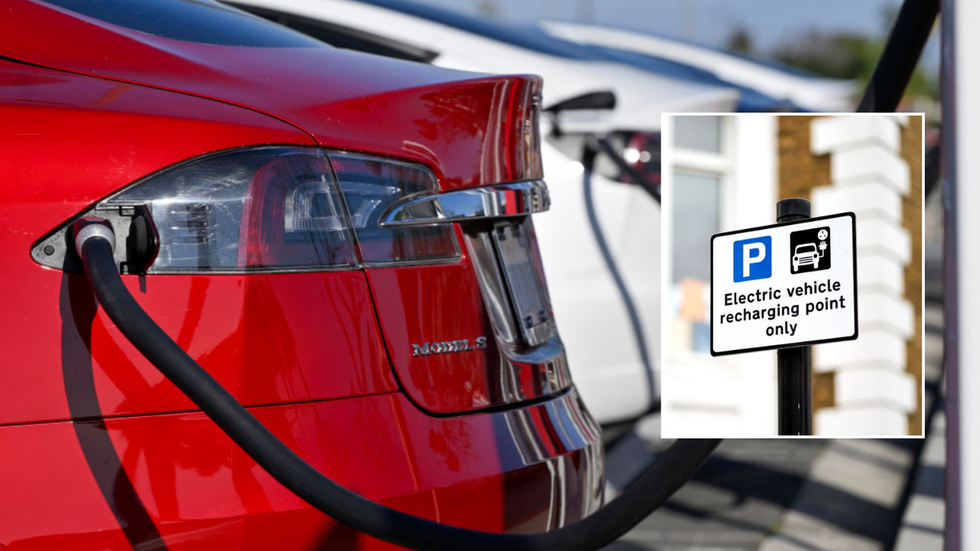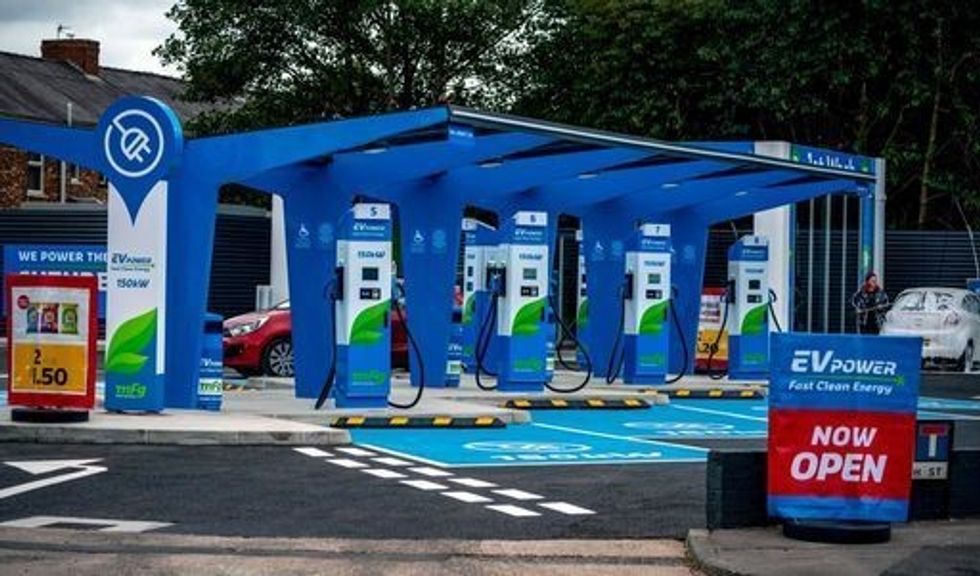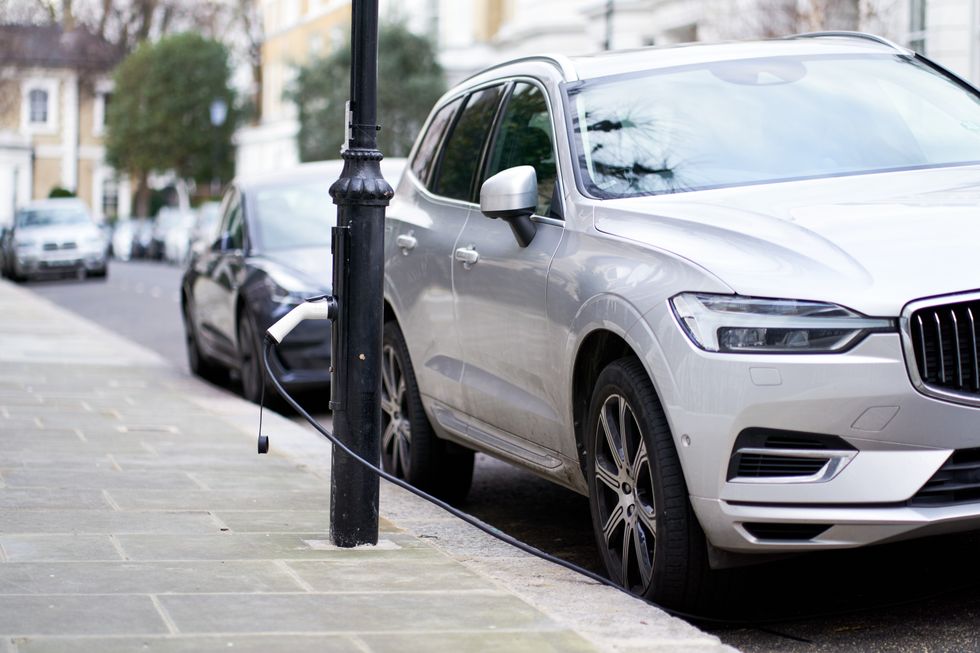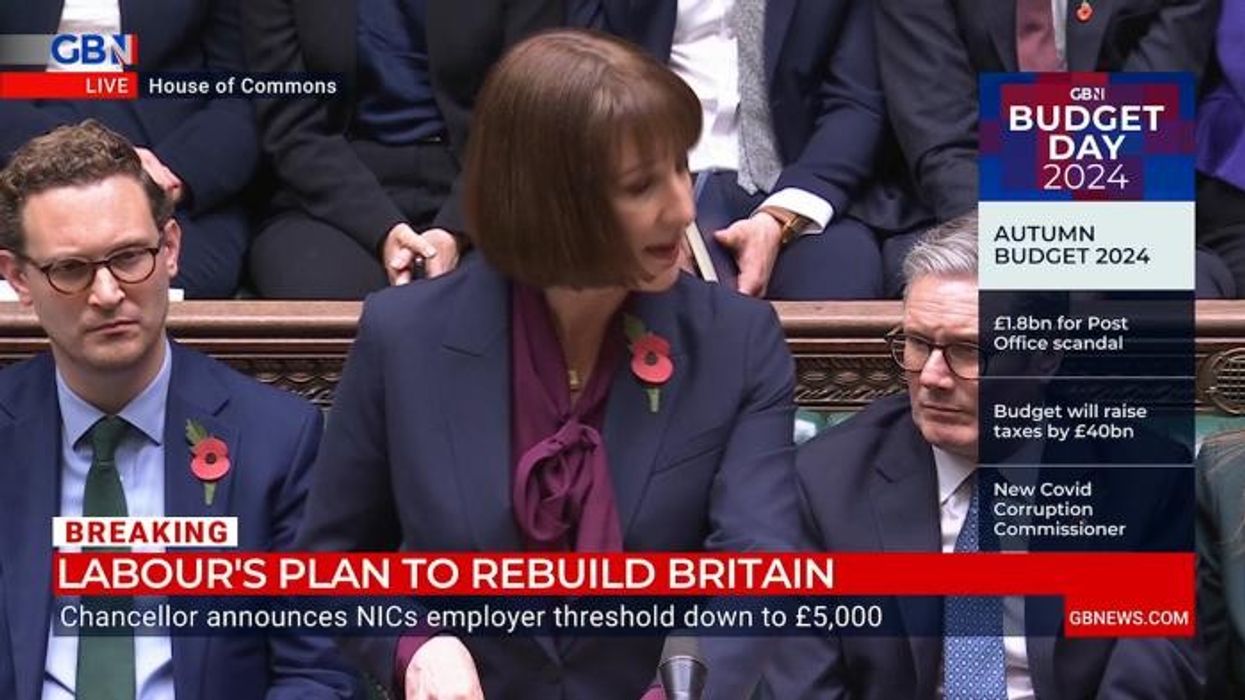Electric vehicles could benefit from major VAT changes making charging cheaper for millions of drivers

The House of Commons will debate changing the VAT rate for electric cars on Friday (June 13)
Don't Miss
Most Read
Latest
Electric car drivers could see huge benefits introduced this week as ministers gather to discuss key changes to the UK’s EV charging network.
This Friday, MPs will meet in the House of Commons for the second reading of a crucial bill which could see electric vehicle owners exempt from paying high VAT rates at public charging points.
The highly anticipated Exemption from Value Added Tax (Public Electric Vehicle Charging Points) Bill hopes to offer EV drivers further cost breaks while also encouraging more motorists to give up petrol and diesel cars.
Currently, EVs are charged 20 per cent VAT at public charge points, with experts warning that this huge price hike has been putting off drivers from buying EVs.
Do you have a story you'd like to share? Get in touch by emailing motoring@gbnews.uk

Experts have called on Labour to remove VAT from public EV charging points
|PA/GETTY
A new report has revealed that nearly half of drivers (49 per cent) would be interested in buying an electric vehicle if the Government reduced the VAT rate to five per cent.
This rate would equal the same amount drivers pay for home charging and could help urgently encourage motorists to go electric.
The need for the VAT cuts follows changes to the Zero Emission Vehicle mandate, which was updated in April.
Under the plans, it requires all new car sales to be electric by 2035, with at least 28 per cent electric this year. While the plans hope to create a greener environment, drivers have remained hesitant to buy an electric vehicle, with price and lack of reliable charging structure cited as key barriers.

Drivers said they would be more likely to buy an electric vehicle if the VAT rate was reduced
| PAYounger age groups are more likely to go electric with a lower VAT rate than other generations, with 84 per cent of 18 to 24-year-olds keen to go green.
Meanwhile, 76 per cent of those aged between 25 and 34 said they would buy an electric vehicle if there was "a more even tax structure" with EVs paying Vehicle Excise Duty for the first time this year.
Energy production company Gridserve has now called on the Government to address the imbalance and back proposals to cut the VAT rate to five per cent.
Daniel Kunkel, CEO at Gridserve, said: "Removing VAT from public charging would be a significant move towards levelling the playing field and making EV ownership easier for everyone, no matter where they live.
LATEST DEVELOPMENTS:
"The current disparity between the 20 per cent VAT on public EV charging and the five per cent on home charging puts a disproportionate financial burden on those without home charging facilities, which could affect more lower-income households."
He explained that ahead of the MPs' debate on VAT rates, the group urged the Government to take this opportunity to demonstrate its "commitment to fairness and climate action by supporting this bill and ensuring public charging is not only reliable and widespread but also equitable for all".
Gridserve are not the only organisation which has called on the Government to cut VAT rates for EV owners, with the Society of Motor Manufacturers and Traders also being vocal on the issue.
It explained that introducing purchasing incentives could transform the car market, while a reduction in the cost of charging through a VAT cut would encourage around two in five consumers to drive electric. "This would deliver huge carbon savings and ensure a vibrant and bigger new car market that increases business for all sectors," the group added.
 Public charging points are subject to a 20 per cent VAT cost | PA
Public charging points are subject to a 20 per cent VAT cost | PAThe report also detailed how three in four Londoners would be more likely to buy an EV than in other parts of the UK due to the capital having a strong charging network.
Industry data from Zapmap also stated that a typical EV driver without a home charger spends £1,690 a year on charging, compared to as little as £610 for those with home chargers.
The research findings suggest that over a third (36 per cent) of drivers would view EV ownership as more accessible if the VAT barrier were cut.
A further 45 per cent of motorists want to see more effort from the Government to make EV ownership more cost-effective. The VAT debate for electric vehicles will take place on Friday, June 13, in the House of Commons.











